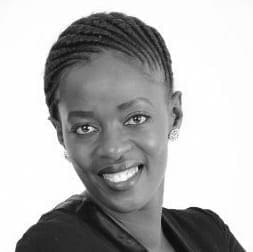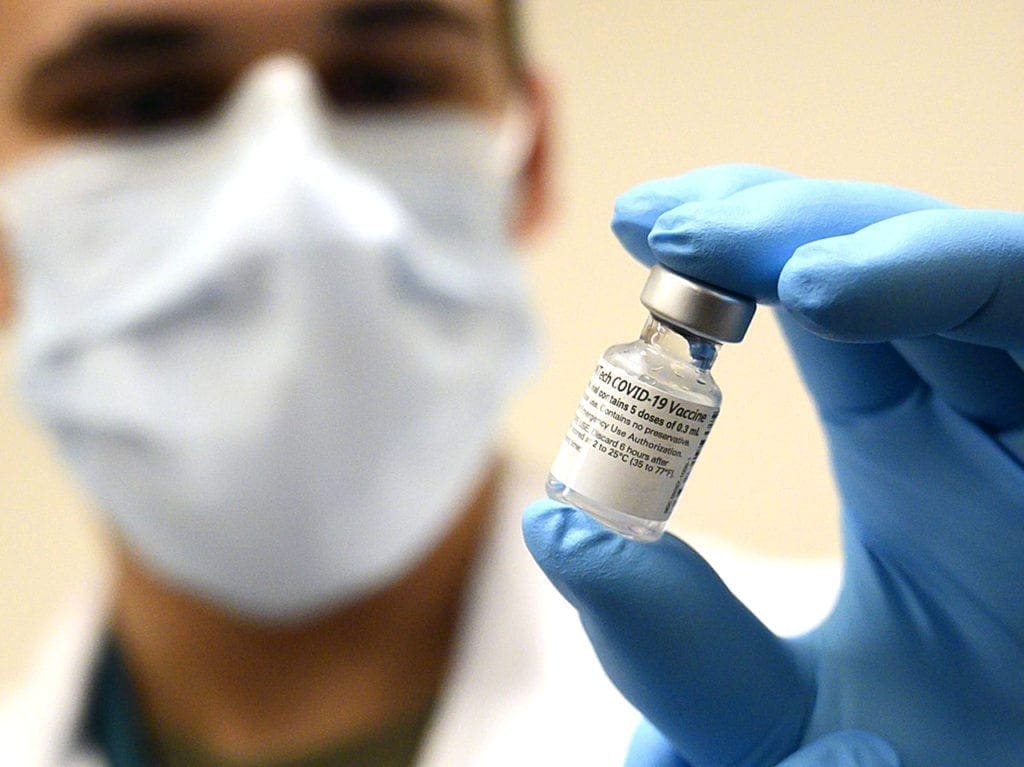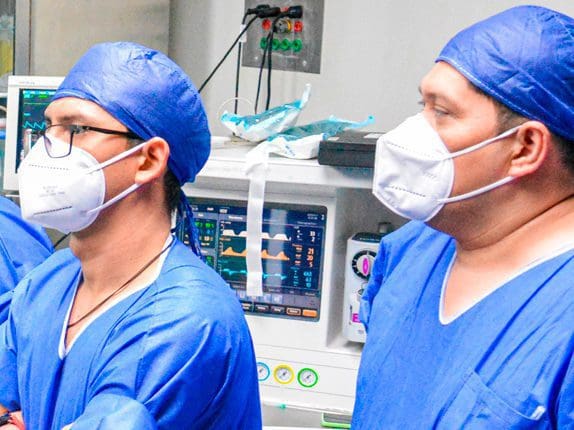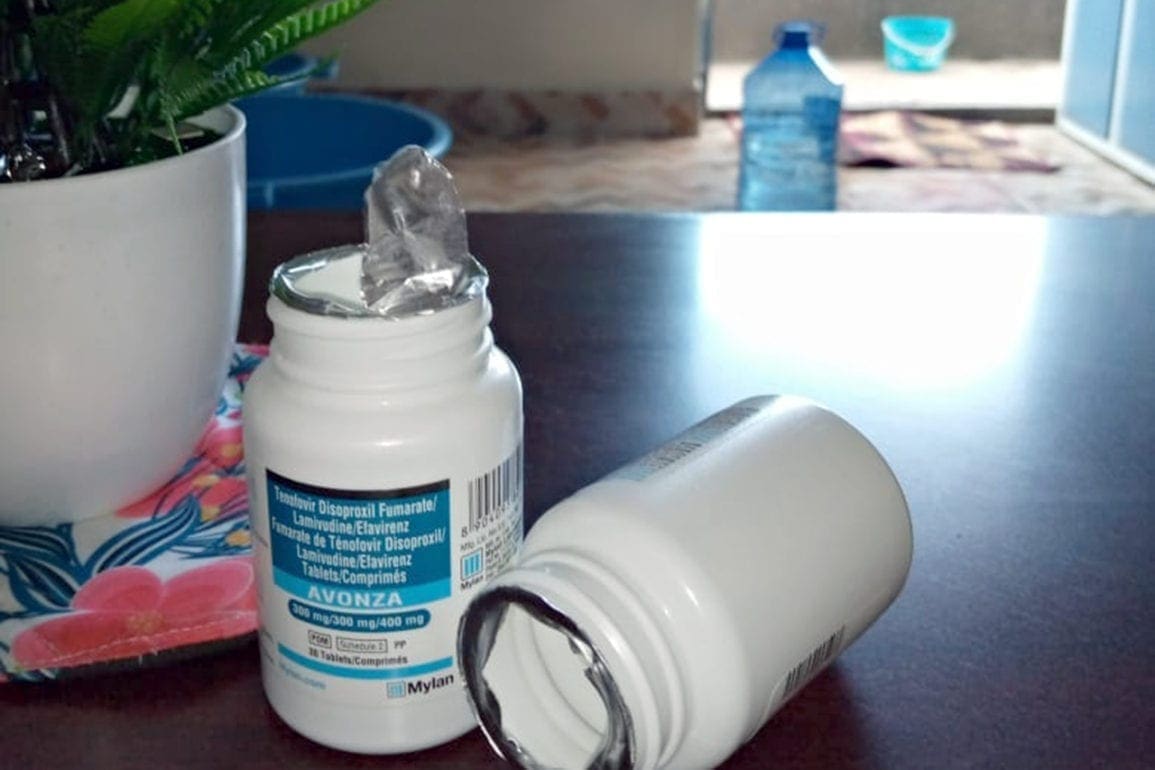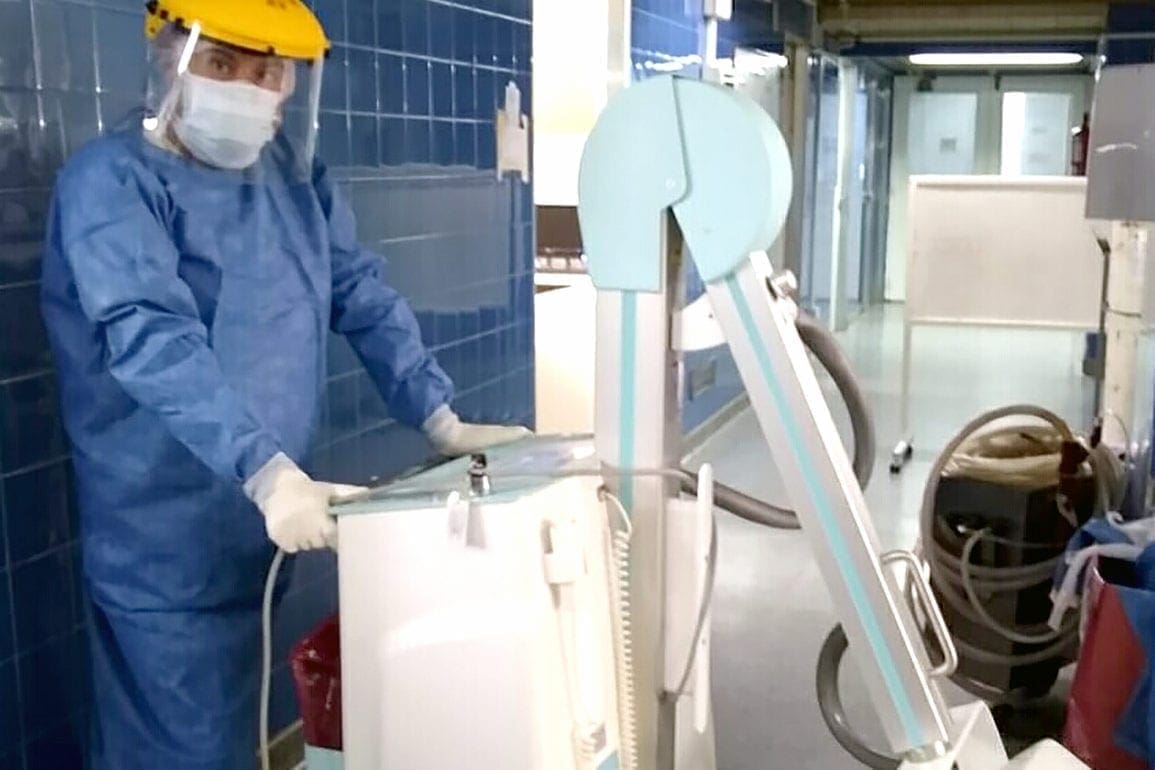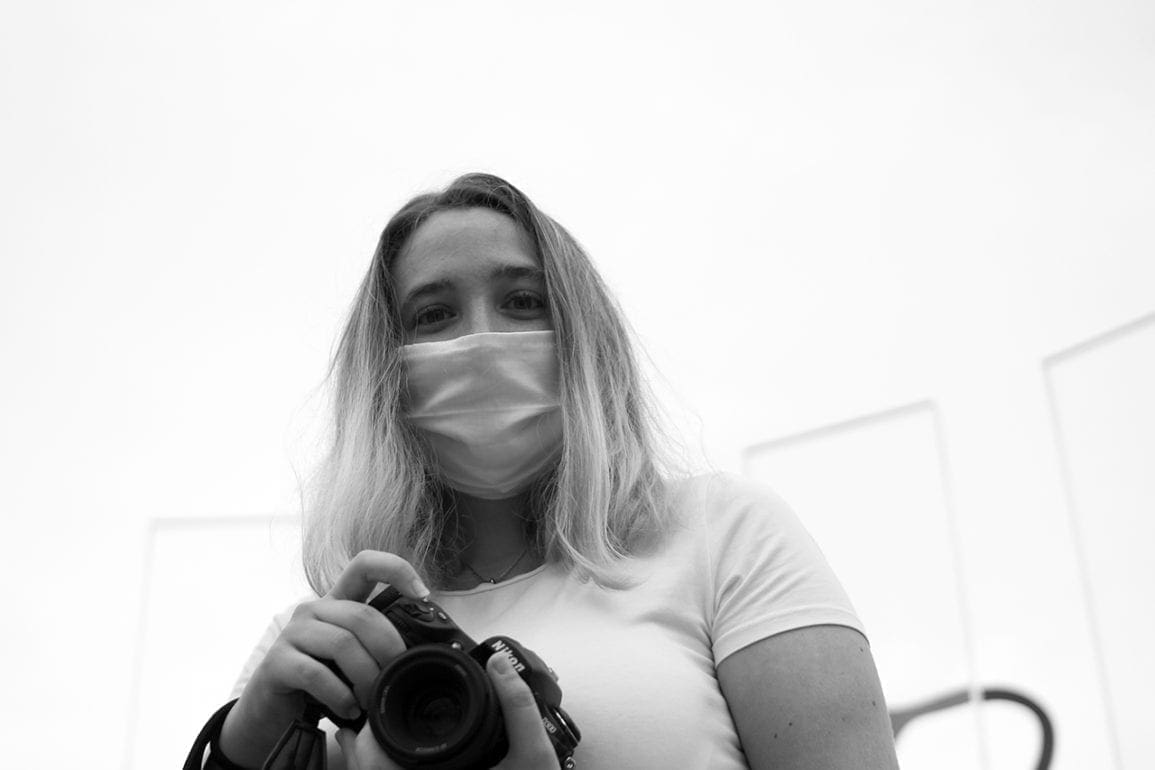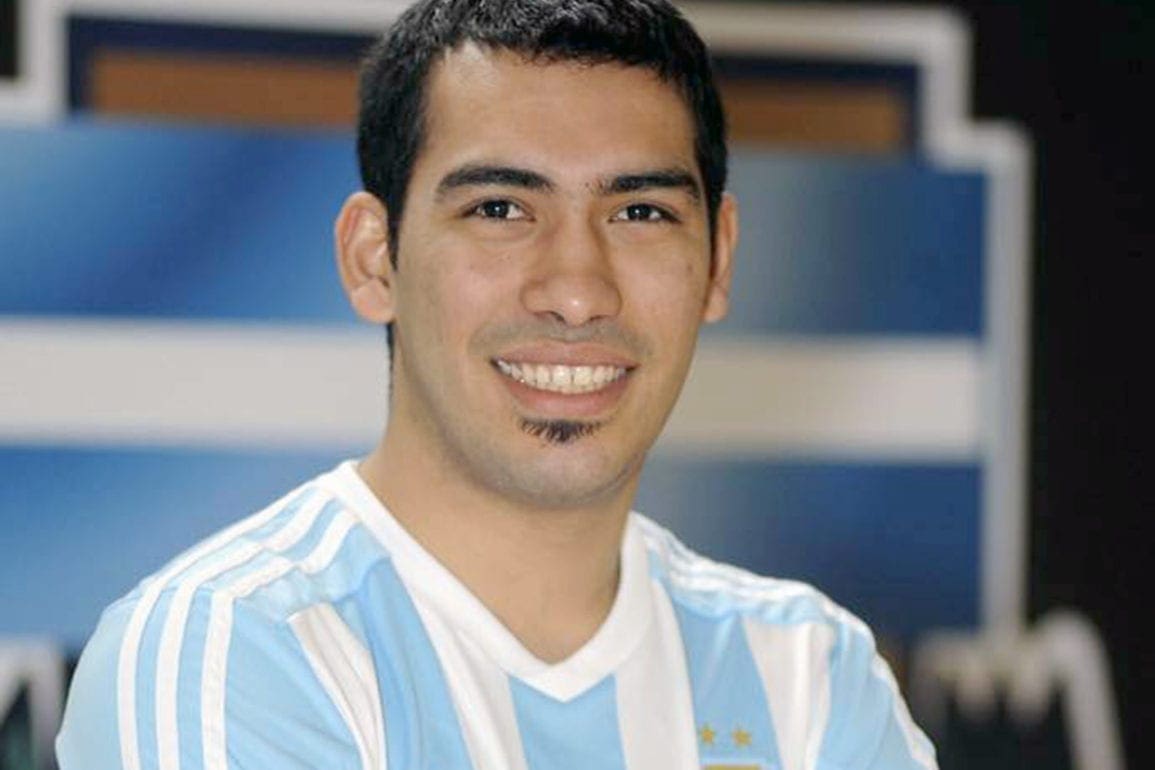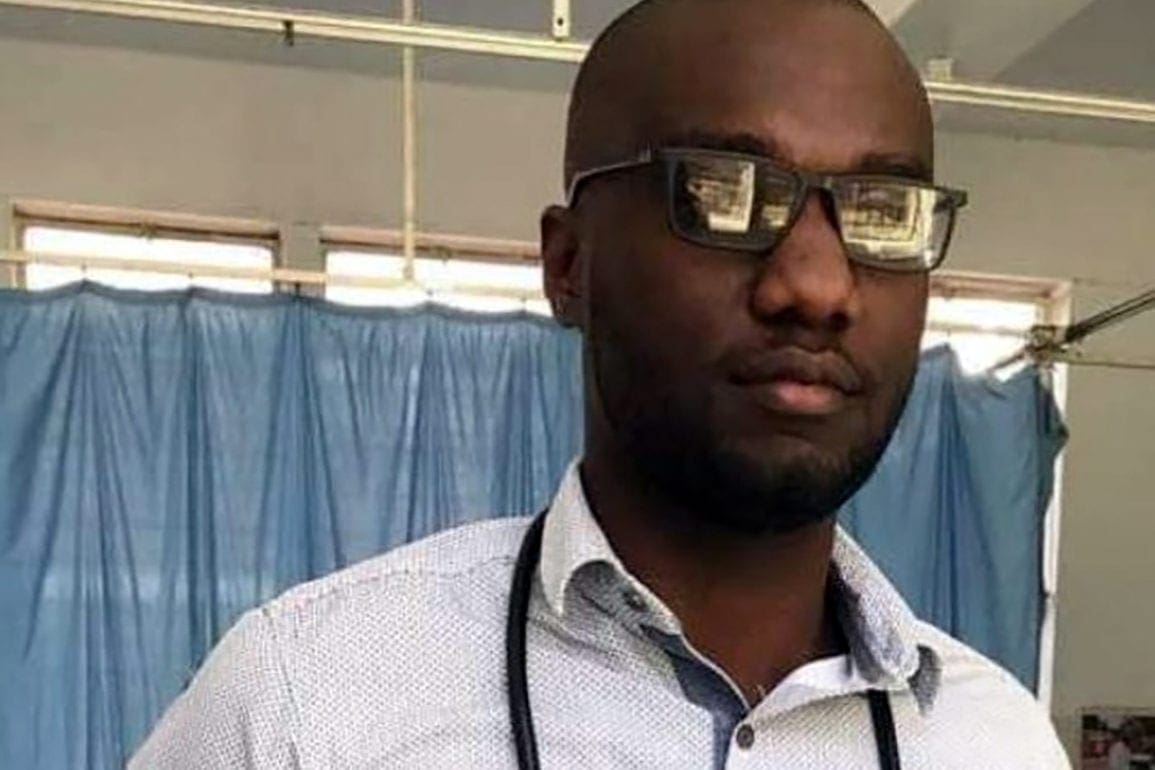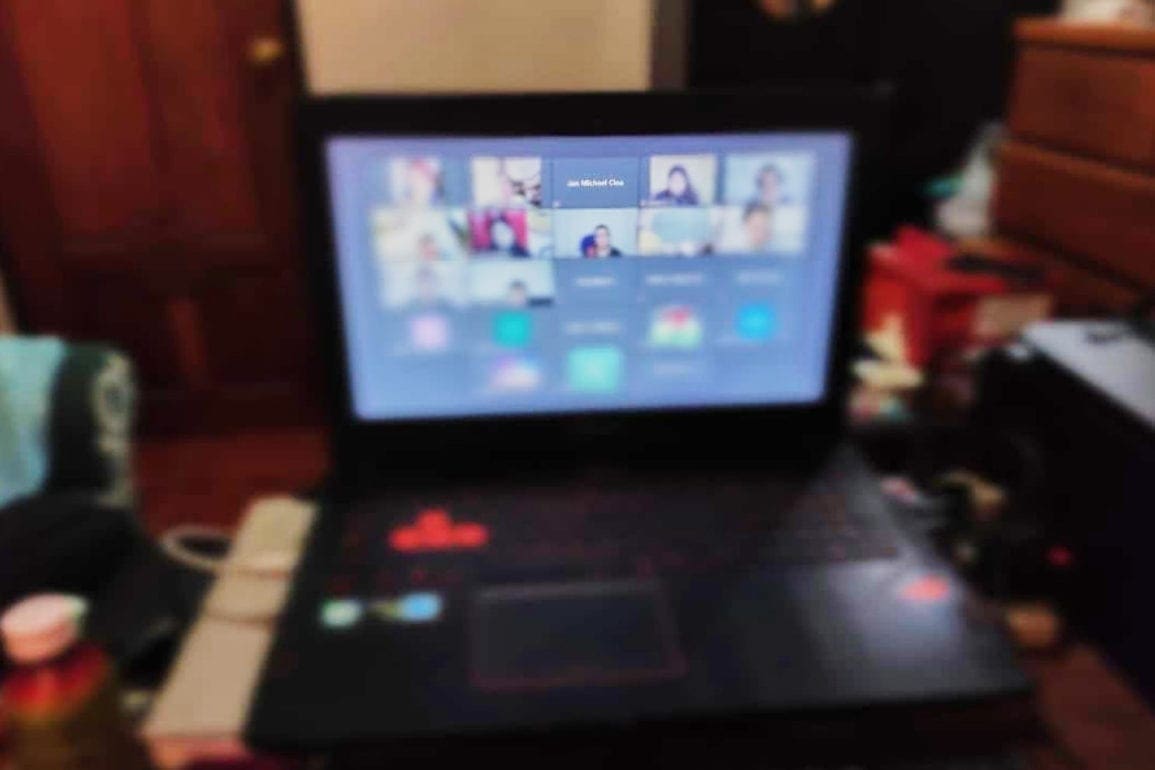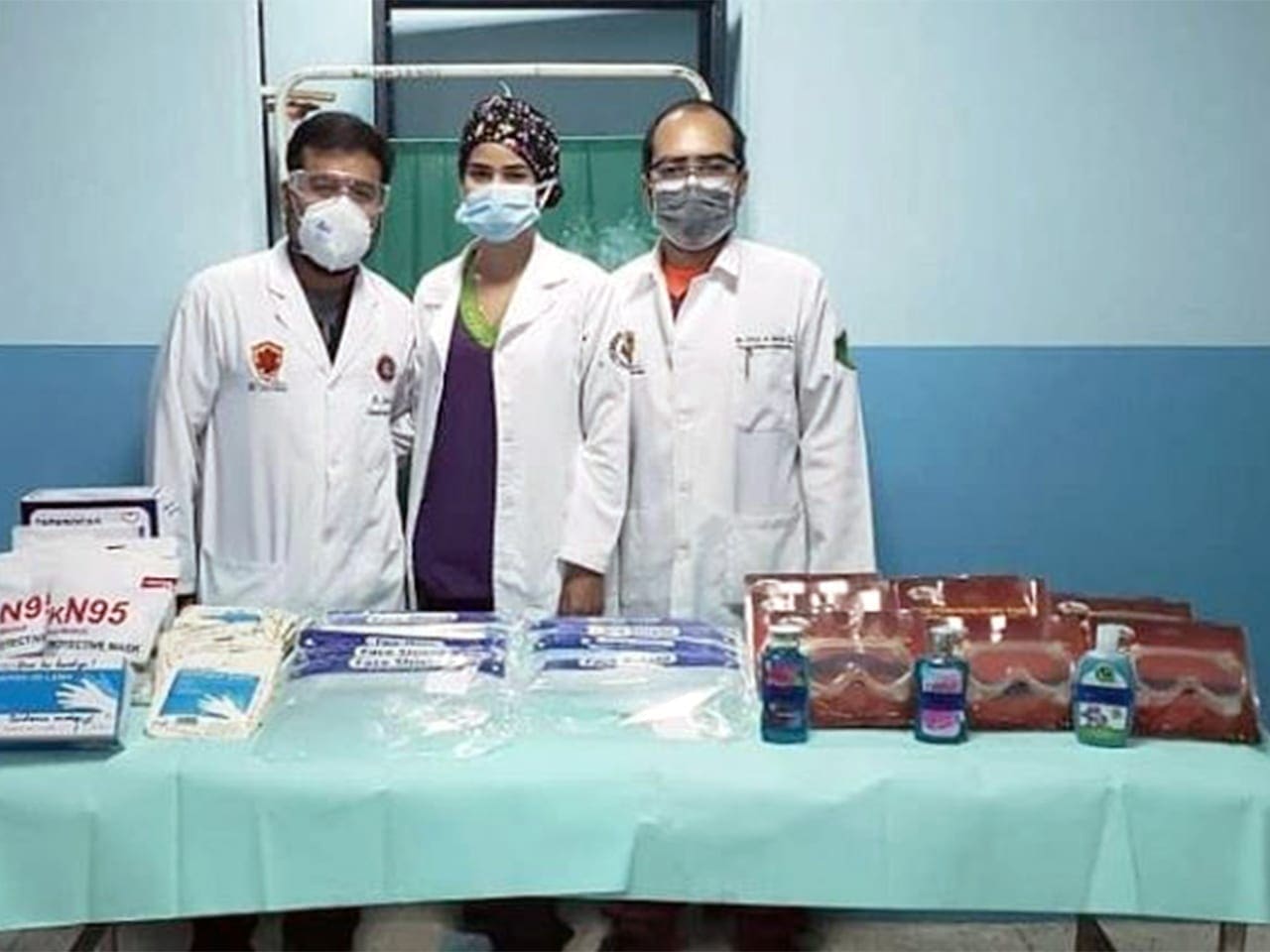‘Can’t let our guard down’: Doctors vaccinated against COVID-19
Does my vaccination record mean I am free to live life as I knew it before the virus? No.
- 4 years ago
January 7, 2021
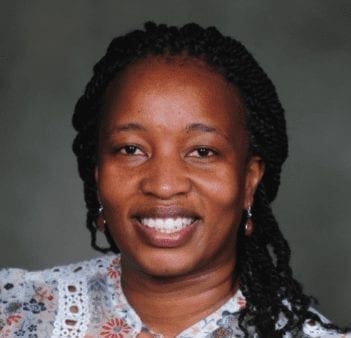
COLUMBUS, Ohio—On the day of getting the vaccine jab, I was full of excitement.
After months of fighting for patients’ lives in the intensive care unit, there is hope that we will see the end.
News of a vaccine was exciting but we cannot let our guard down.
Working as a medic situated in the ICU is overwhelming and heartbreaking.
I have witnessed healthy individuals contract the virus and lose the battle. Healthcare workers like myself have worked to save lives but feared for our own at the same time.
That is why I am happy about the development of a vaccine.
I got the first dose of the Pfizer vaccine, which was the one available that day. Once the Food and Drug Administration approved the Pfizer vaccine under emergency use authorization in the United States, the hospital made it known to us via email. I chose vaccination.
The shot was administered to the upper part of my arm. There was just the normal instant discomfort as the needle pricked my skin. Because the injection is intramuscular, sensitivity, and swelling in that area followed for a few hours.
The hospital where I work had recommended we do a 24-hour check-in. I was fine. Two weeks later, I am still healthy.
After three weeks, I will be getting the second dose. The vaccine comes in two separate doses.
As a doctor, I am aware of the science and mechanism of action of vaccines. At no moment was I worried about the rumored side effects or the timeframe in which it was developed. Multiple phases of research on the vaccine have been completed to ensure the vaccine is ready for use.
But I understand people’s reservations.
The new vaccines were developed using messenger RNA(messenger ribonucleic acid) technology. While this is the first time this technology has been used to successfully develop a vaccine, the technology itself has been studied for years. Our technology has simply improved over time to effectively deliver a vaccine with urgency.
More than 40,000 people participated in the trials to develop the Pfizer vaccine. The vaccine underwent all phases of clinical trials and no shortcuts were taken.
Continuing the fight
Does my vaccination record mean I am free to live life as I knew it before the virus? No.
I still have to adhere to all the COVID-19 basic protocols of wearing a mask, sanitizing, and social distancing. For the vaccine to be effective in eliminating the pandemic, 70 to 80 per cent of the world’s population has to be vaccinated.
It is still my duty to take care of myself and those yet to be vaccinated.
At the moment, access to the vaccine is limited and offered to frontline health care workers and people at risk. People with underlying health conditions and senior citizens are next.
Vaccine trials are ongoing in several countries. As we await the results, we must stay strong and continue to fight the virus in any way we can.
